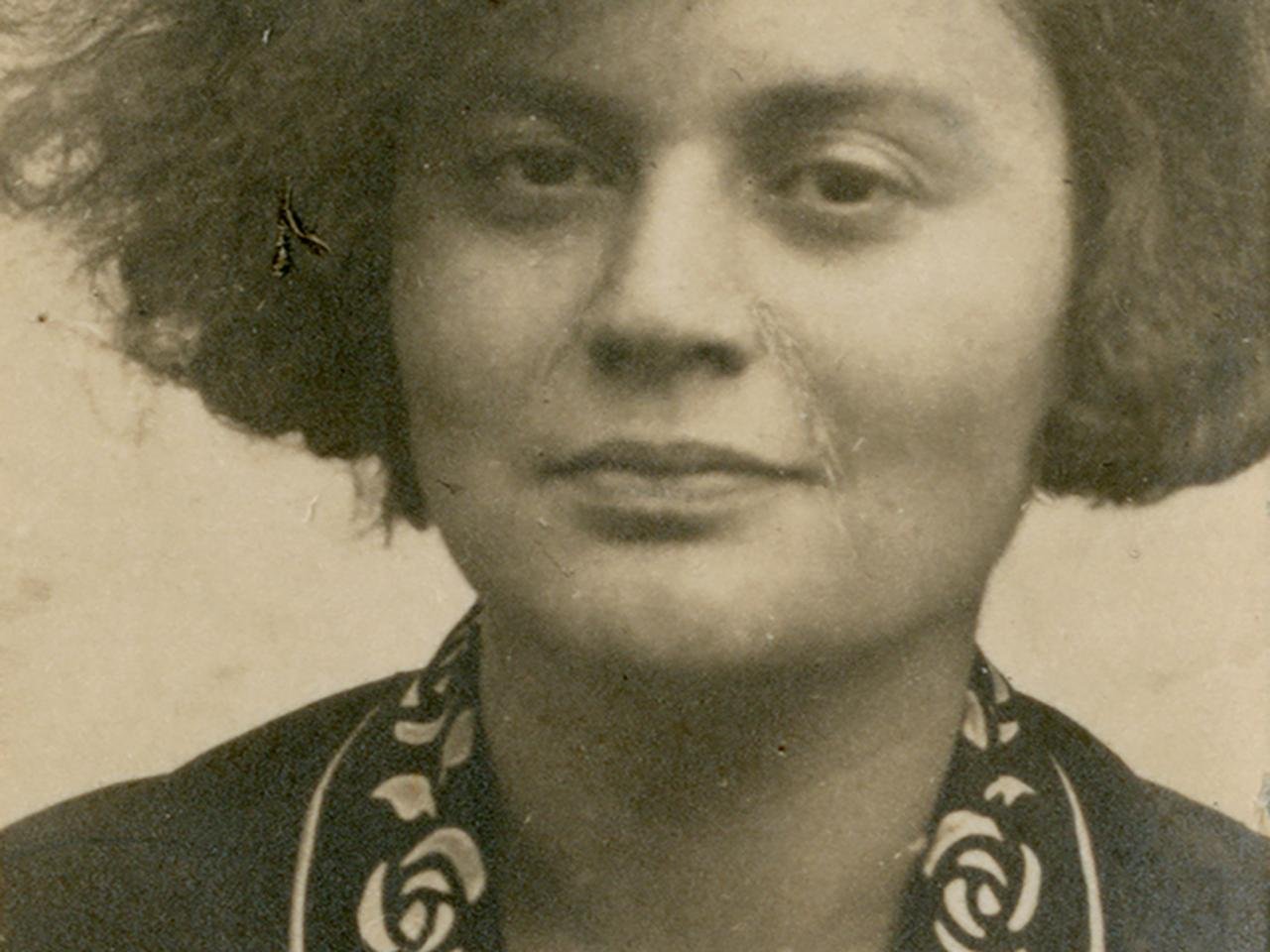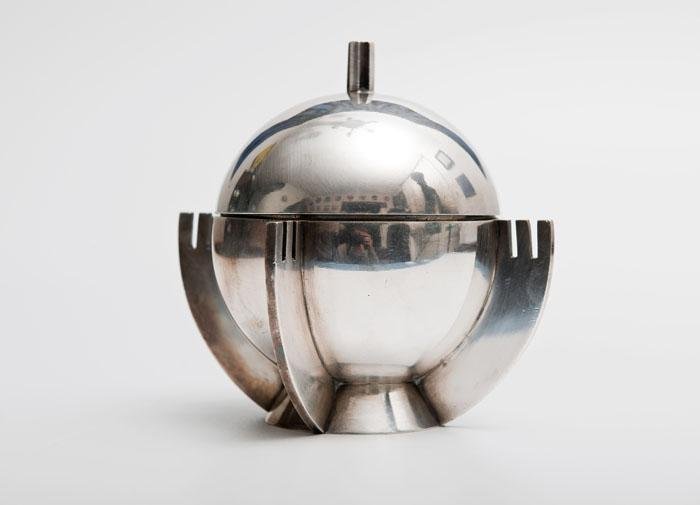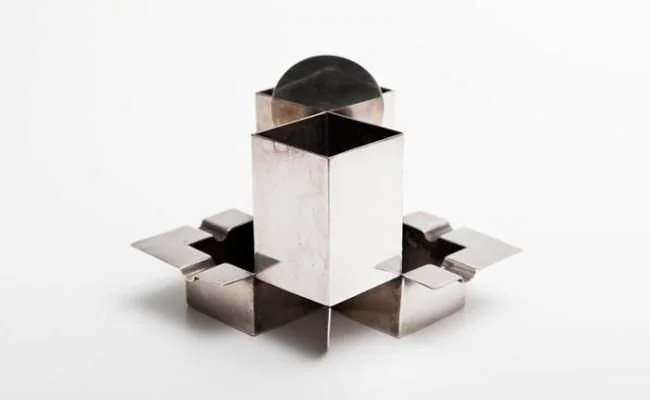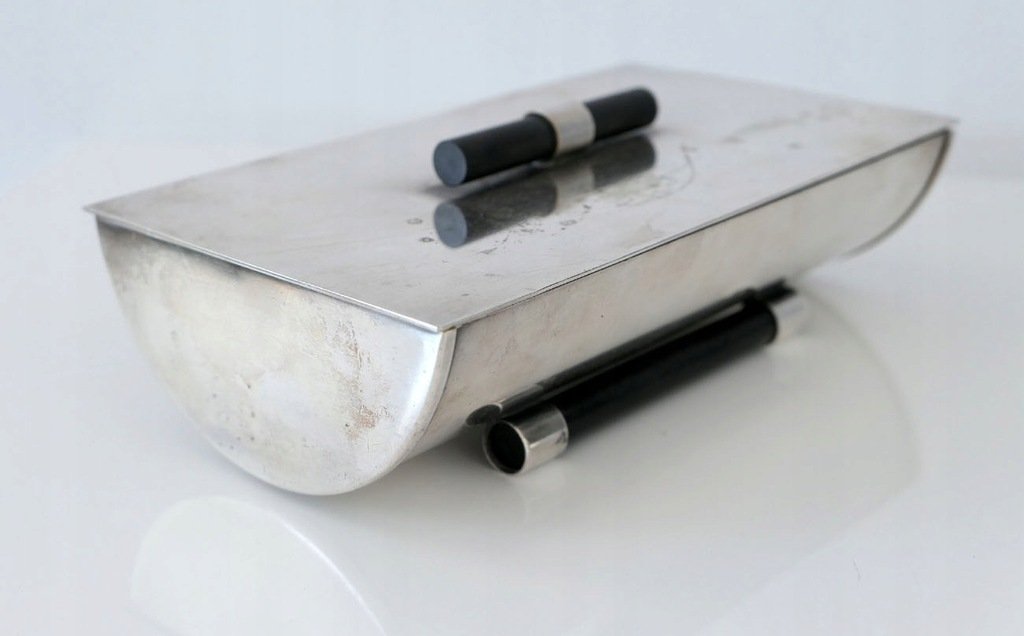Julia Keilowa: A Sculptor of Elegance and Innovation
Rediscovering the Timeless Legacy of a Polish Modernist Pioneer
In the realm of design and sculpture, certain figures emerge whose contributions, though profound, often remain overshadowed by the dominant narratives of their era. Julia Keilowa, a Polish artist and designer, epitomizes this phenomenon. Despite her exceptional work and avant-garde approach, Keilowa's legacy has sometimes been eclipsed by her contemporaries. Nevertheless, her impact on modern sculpture and design is substantial, and her story underscores the necessity of acknowledging women's contributions in the creative fields.
Born in 1902 in Kalisz, Poland, Julia Keilowa (née Ringel) embarked on her artistic journey during a period when women faced significant barriers in the predominantly male spheres of art and design. Her early work in the 1920s displayed a distinctive blend of traditional craftsmanship and modernist aesthetics, capturing the attention of the Polish artistic community. Keilowa's talent and innovative vision soon set her apart, establishing her as a pioneering force in the world of decorative arts.
Keilowa's mastery of metalwork and her innovative use of materials marked a defining period in her career. Her ability to infuse everyday objects with artistic elegance and functional beauty distinguished her in the field of industrial design. Among her most notable works are her exquisite metal sculptures and household items, which blend organic forms with geometric precision. Her designs, characterized by sleek lines and sophisticated simplicity, reflect the modernist ethos of form following function, yet they also possess a timeless elegance that transcends stylistic boundaries.
Throughout her career, Keilowa's exploration of new techniques and materials pushed the boundaries of conventional design. Her use of aluminum and other metals in creating both functional objects and purely artistic pieces showcased her versatility and innovative spirit. Her work often incorporated elements of Art Deco and modernist influences, yet remained uniquely her own, characterized by a refined sense of proportion and an inherent elegance.
Despite the challenges she faced as a woman in a male-dominated field, Keilowa's contributions to design and sculpture garnered recognition and acclaim. Her participation in international exhibitions and collaborations with leading designers of her time helped solidify her reputation as a trailblazer in her own right. However, like many women of her era, her achievements were frequently underappreciated or attributed to her male counterparts.
In recent years, there has been a resurgence of interest in Julia Keilowa's work, with art historians and enthusiasts reexamining her legacy and celebrating her contributions to modern design. Exhibitions and retrospectives have highlighted the breadth and depth of her oeuvre, bringing her work to the attention of a new generation of admirers.
As we honor Julia Keilowa's pioneering spirit and artistic vision, we also recognize the broader importance of celebrating the contributions of women in the arts. Acknowledging their achievements not only enriches our understanding of art history but also promotes a more inclusive and equitable creative landscape.
Julia Keilowa's legacy serves as a powerful reminder of the enduring impact of innovative design and the vital contributions of women in shaping our cultural heritage. By celebrating her work and that of other overlooked artists, we continue to foster an appreciation for the diverse and dynamic voices that have shaped the world of design.







